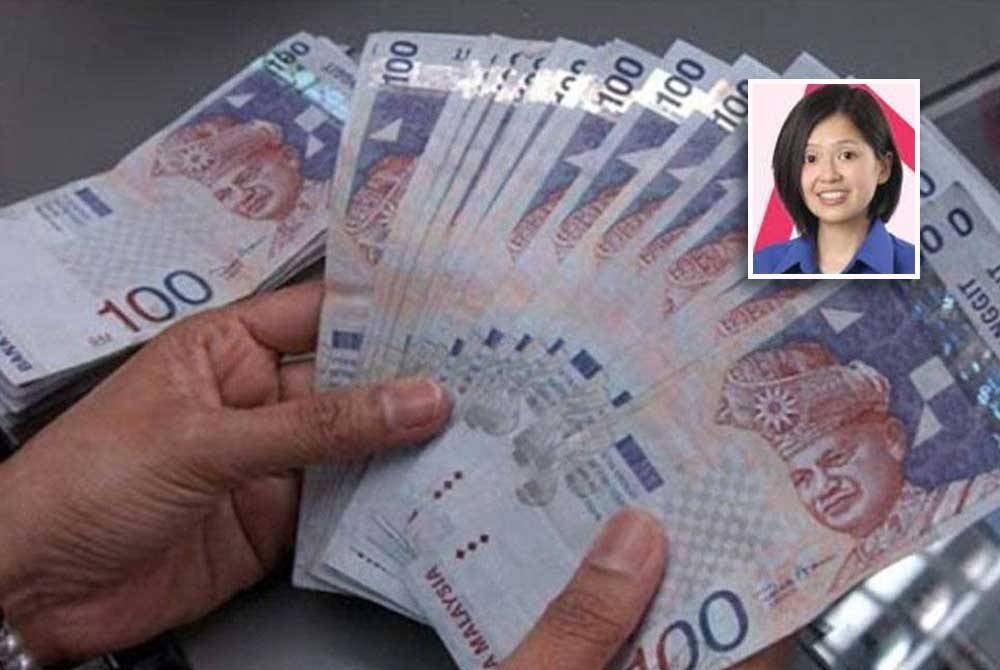'Best Finance Minister' Anwar silent on ringgit crisis - MCA Central Committee member
AISYAH BASARUDDIN
SHAH ALAM - MCA urges the government to address the declining performance of the ringgit and rising inflation immediately.
MCA Central Committee member, Saw Yee Fung expressed concerns over the absence of fiscal policies from the government, led by Prime Minister Datuk Seri Anwar Ibrahim, to combat these issues.
She highlighted the ringgit's weakening stance, noting it has dipped to its lowest since the Asian financial crisis, nearly RM4.80 against the US$ and RM3.50 against the SGD.
"While external factors like the colonisation that has plagued Palestine and the US Federal Reserve's interest rate hikes might impact the ringgit, the government should not merely rationalise its depreciation without introducing fiscal measures," she said in a statement today.
She referenced Bank Negara Malaysia Governor Tan Sri Nor Shamsiah Mohd Yunus's prior mention of monetary policy interventions in response to the ringgit's fall.
However, Saw noted a lack of government proposals to alleviate the economic strain on the public.
Saw pointed out that Anwar, often dubbed the 'Best Finance Minister', has remained silent on the issue.
She emphasised the need for the government to evaluate if the continuous depreciation of the ringgit is due to domestic structural economic issues and not just global factors.
"According to the World Competitiveness Ranking (WCR) of the International Institute for Management Development (IMD), the country's growth momentum has declined since the 90s, from more than seven per cent to three to four per cent.
"Malaysia ranked 10th in 2010 and fell to 27th place 27 years ago, then ranked 30th in terms of business efficiency and legislation.
"However, through the presentation of Budget 2024, the government instead increased the rate of Sales and Service Tax (SST) from six to eight per cent in addition to the abolition of the price ceiling for chicken and eggs, which is expected to worsen inflation in the country," said Saw.
Although the domestic inflation rate in the third quarter was 1.9 per cent, Saw said restaurants, hotels, food and non-alcoholic beverages contributed the highest percentage to the Consumer Price Index (CPI), which was more than double.
"Daily needs are essential for the survival of the people; if they continue to increase indirectly, the economic burden and cost of living of low or middle-income groups will also be affected.
"So, what are the government's steps towards this issue?
"Does the government intend to establish a 'Special Jihad Team to Tackle Ringgit Devaluation' as was done by the previous government which established a 'Special Jihad Team to Tackle Inflation'," she added.









